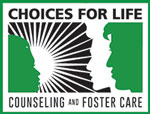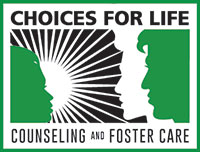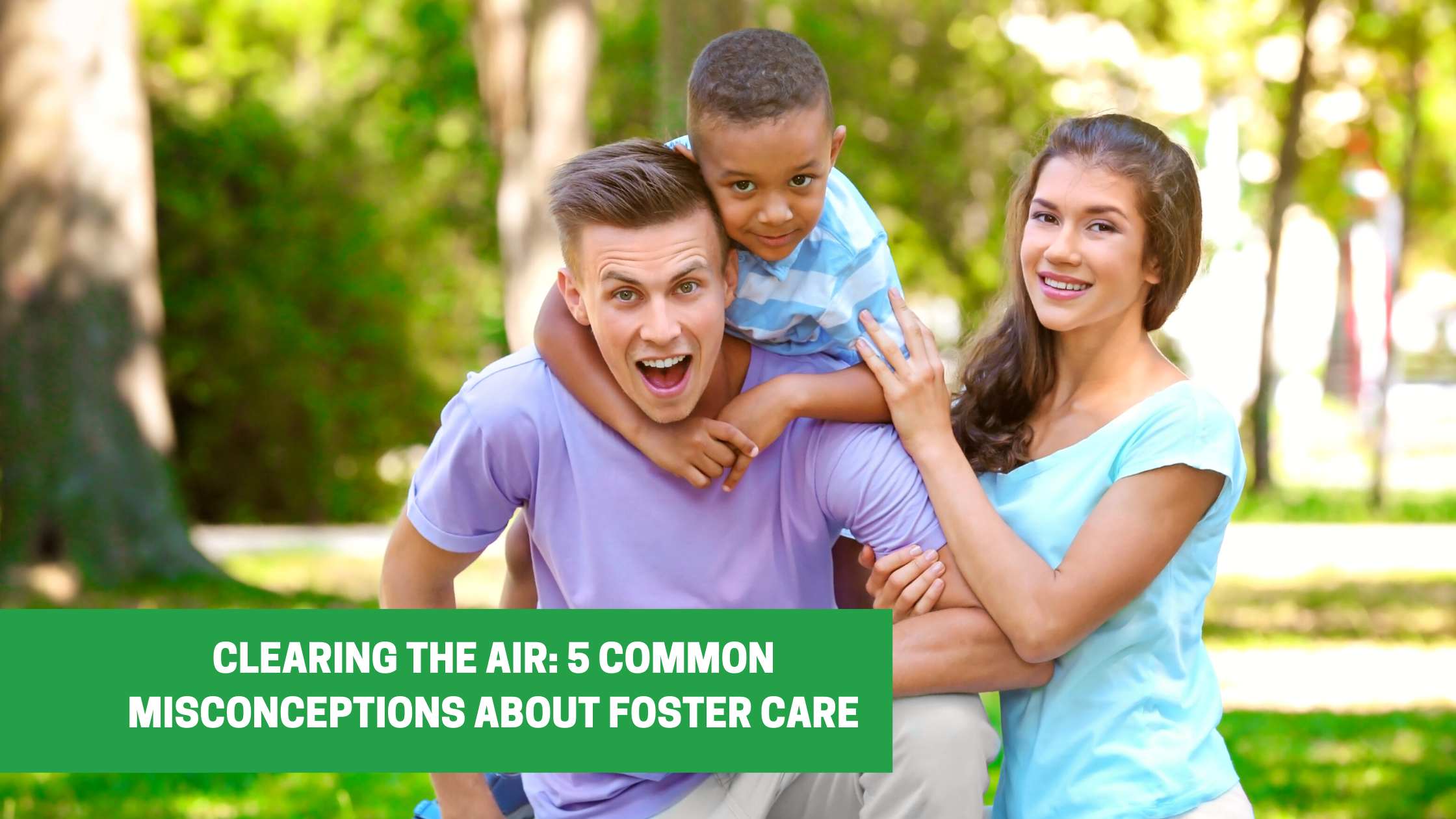Foster care is a system designed to provide a temporary home for children who cannot live with their biological parents. Unfortunately, there are many myths and misconceptions surrounding foster care that can prevent children from finding loving homes. In this blog, we will discuss and debunk some of the most common foster care myths.
5 Common Misconceptions about Foster Care
Children in foster care are “bad” or “troubled.”
Children enter foster care for a variety of reasons, none of which are their fault. They may have experienced abuse or neglect, or their parents may be struggling with addiction or mental health issues. The children in foster care are not “bad” or “troubled,” they are simply in need of a safe and stable home.
Foster parents are only in it for the money.
This is a common myth, but it is simply not true. While foster parents do receive a stipend to help cover the cost of caring for a child, it is not enough to make a living. Foster parents are motivated by a desire to help children and provide a safe and loving home. In fact, many foster parents spend more money than they receive in stipends to ensure that the children in their care have everything they need.
Foster children are always returned to their biological parents.
While the goal of foster care is reunification with biological parents, this is not always possible or in the best interest of the child. In some cases, parental rights may be terminated, and the child may be eligible for adoption. In other cases, the child may be placed with a relative or family friend for long-term care.
Foster parents can’t love a child who is not biologically theirs.
Foster parents are just like any other parents – they love their children unconditionally. Foster parents may not have a biological connection to the child, but they form strong bonds with them through love, support, and care. Many foster parents continue to have a relationship with their former foster children long after they have left their care.
Foster care is a last resort.
Foster care is not a last resort, but rather a necessary safety net for children who cannot live with their biological parents. Foster care is an important part of the child welfare system, providing temporary care and support for children until they can be reunited with their families or placed in a permanent homes.
There are many myths and misconceptions surrounding foster care. It is important to understand the truth about foster care and the children who are in need of loving homes. Foster parents play a vital role in providing stability, love, and support for foster children all across the country.
If you are interested in improving and supporting the lives of foster children or have any questions about starting your foster care journey, reach out to the compassionate team of foster care and behavioral health professionals at Choices For Life. Give us a call or reach out for more information.
Related Articles:
Foster Care Types: Your Guide to Making a Decision
What to Expect Before Your Foster Child Arrives
How to Create a Supportive Environment for Foster Children
How to Make a Foster Child Feel Loved and Included
Making Their Birthday Special


